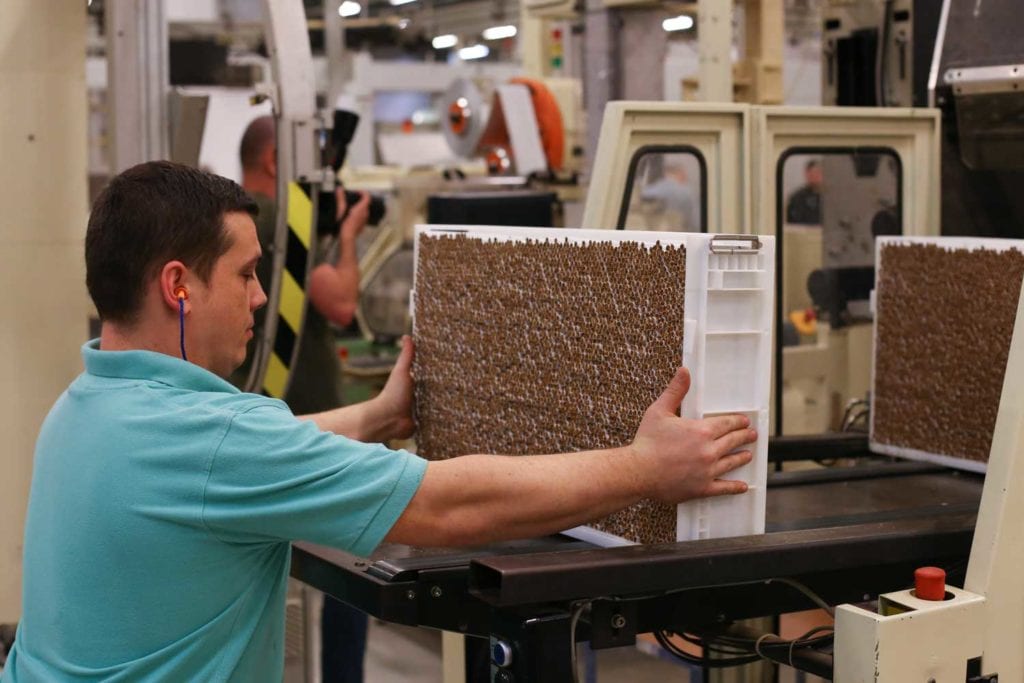
British American Tobacco (BAT) announced an average cigarette list price hike of $0.13 per pack, according to Goldman Sachs. The move reflects a price increase of between 2 percent and 3 percent.
According to the investment bank, it is the first time in recent history that BAT and its subsidiary, RAI, have led a price increase in the U.S. The price increase is BAT’s third this year.
Morgan Stanley said BAT’s move underscores the strength of the U.S. cigarette market. “U.S. cigarette fundamentals have been unusually strong throughout 2020, with industry volumes declining 2.5 percent in 2020 year-to-date within measured channels and MO [Altria Group] estimating the industry will decline by 2 percent to 3.5 percent year-on-year in 2020, the best performance since 2016,” the financial firm wrote in an statement.
“Unlike the last several years in which a higher rate of volume declines necessitated greater pricing, we believe manufacturers are being opportunistic in taking pricing this year given the strength of the category. BAT’s pricing decisions may also be influenced by its confidence in its U.S. brand portfolio, fundamentals outside of the U.S., and RRP [reduced-risk products] investments.”
Pricing is a critical driver of revenue and earnings growth in the tobacco industry, particularly as manufacturers realize almost three times the leverage on earnings from a point of pricing than a point of volume, according to Goldman Sachs.
The bank expects other cigarette manufacturers to follow with similar price increases soon.
“We had been expecting a price increase since several of our wholesaler contacts had informed us that they had started loading recently in anticipation of an increase,” the investment bank wrote in a note to investors.
“Given that this price increase is not effective until after 9/28, we expect more loading by the trade (both wholesalers and retailers) in the next couple of weeks, which should have a clear positive impact on Q3 volumes.”











